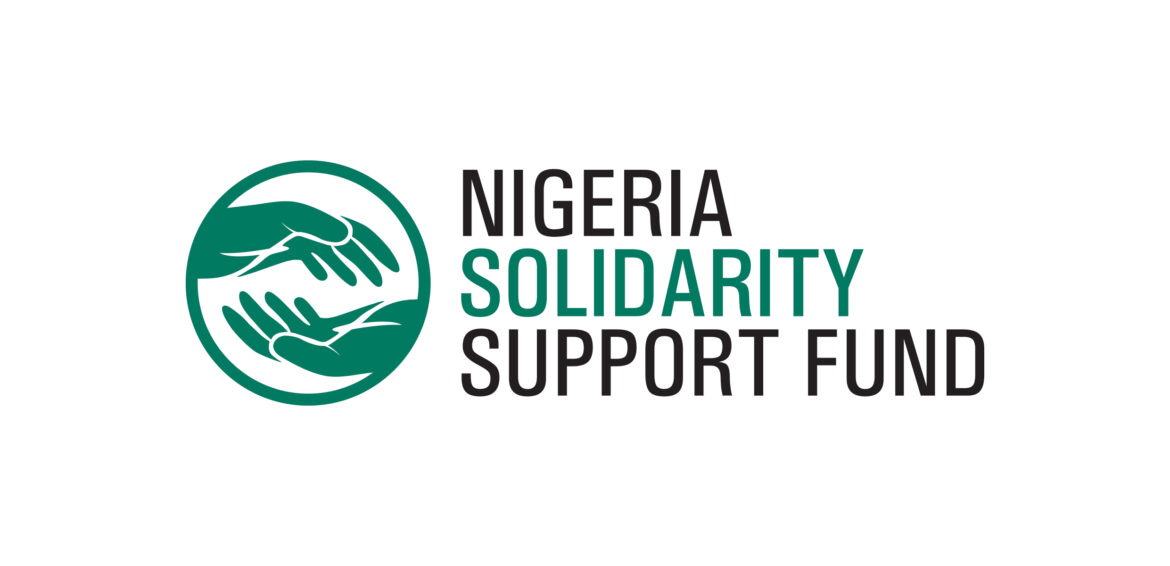By Asmau Ahmad
The Nigeria Solidarity Support Fund (NSSF) says Nigeria’s healthcare system is in crisis as it currently receives only 50 per cent of its investment in the training of health workers, especially doctors.
According to the organisation, data have shown that only 50 per cent of doctors are practicing in Nigeria.
The General Manager/Chief Executive Officer, NSSF, Dr Fejiro Chinye-Nwoko, said the non-government organisation was determined to support the government and critical stakeholders to tackle the problem.
She spoke during a discussion programme aired live on Silverbird Television News Hub.
The programme was organised as an advocacy strategy to highlight the current challenges in human capital flight in the Nigerian health sector, and proffering solutions to same.
The NSSF boss called on individuals and organisations to partner with NSSF to strengthen the healthcare system in Nigeria.
According to a communiqué, the discussion had in attendance the Director, Department of Health Planning Research and Statistics, Dr Ngozi Azodoh; the immediate past President of the Nigeria Medical Association and Vice Chancellor of the Federal University of Health Sciences, Otukpo, Benue, Prof Innocent Ujah, among others.
The NSSF CEO said, “The Nigerian healthcare is currently receiving only 50 per cent returns on its investment in training healthcare workers, particularly doctors, since data shows only 50 per cent of registered doctors are practicing in Nigeria.
“NSSF seeks to address this by identifying and funding high impact solutions that are in line with government strategies. Support for human resources for health is in line with NSSF’s priority of strengthening the healthcare system which is a complex system that is in complete without available healthcare workers.
“NSSF also pools resources from individuals and corporate organisations to support national response to the COVID-19 pandemic which has impacted various sectors and worsened migration of healthcare workers.”
Ujah lamented the factors responsible for brain drain in the country’s health sector which included poor working conditions and epileptic power supply, among others.
He said, “The push and pull factors influencing brain drain in the health sector include poor working conditions stemming from epileptic power supply, dilapidated hospitals, inter-professional rivalry; security challenges exposing doctors to kidnapping and harassment from patients’ relatives; non-existent training opportunities, delays in payments of salaries lasting as long as 23 months in states such as Abia and Imo; and poor follow-through of government policies.”
Speaking on behalf of the government, Azodoh disclosed the government’s efforts at solving the problem of brain drain.
These, she said, included examining the statistics and push factors, embarking on reforms chaired by Vice President Yemi Osinbajo, negotiation for better pay and infrastructure, among others.




